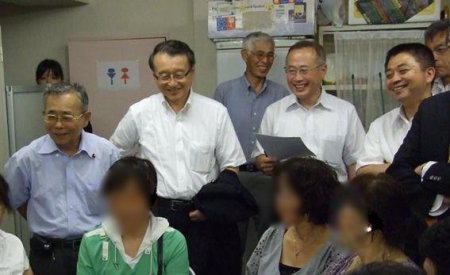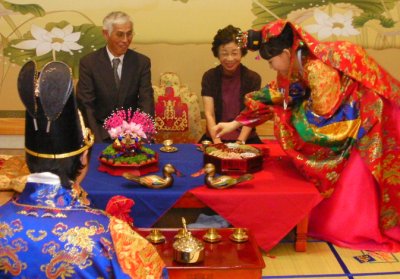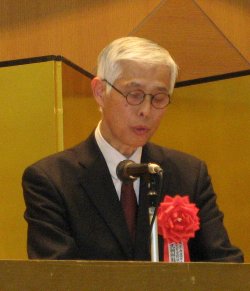Search Results for: 3 orphans
LFNKR Annual Report Released for 2011
Introduction
The new currency system initiated in November 2009 by North Korea has led to serious confusion in the country’s economy. As a result, poverty continues to deepen. Around November 2010, even in Pyongyang where relatively privileged people live, the supply of food has stopped. The currency revaluation slashed the currency to 1/100 of its previous value, but by March 2011, the price of rice per kilogram had risen to 1800 NKW. This is the same price it was before currency reform, and it indicates a complete failure of the government’s plan to suck money from its citizens.
Classes Teach NK Refugees Language, Social Skills

1. How the Course Came About
Currently, 200 North Korean refugees have settled in Japan, and this number continues to grow steadily. To help refugees merge more easily into Japanese society, it is essential to establish and promote various forms of aid, the most crucial being Japanese language training. Despite the need, this country’s government has, so far, developed no plan to aid North Korean refugees in their settlement. Consequently, such aid has only been provided on a small scale, and left solely to the initiative of private volunteer groups or the self-help efforts of the refugees themselves.
Former Foster Child Weds – LFNKR Invited

Mr. Kato and Ms. Watanabe stand in as parents for the bride and groom, both of whom are former North Korean refugees.
_____________________________
It has been ten years since LFNKR (Life Funds for North Korean Refugees) staff members working in China found 10 North Korean orphans who had fled to China to escape the starvation. These first children were the stimulus that prompted LFNKR to begin an education sponsorship program that would enable us to protect them and provide them with an education.
China Denies National ID for Shadow Children
‘Shadow Chidren’ Have No Nationality, Legal Status
In China, the number of children having no national identity papers continues to rise, particularly in the provinces of Jilin, Heilongjang, and Liaoning where the trend is strongest. These so-called “shadow children,” born to female North Korean defectors and Korean-Chinese or Han-Chinese men, are denied the right to register as real Chinese, which means they have neither identification nor official standing.
Financial Crunch Also Hits LFNKR
Feeling the Financial Crisis
Falling donations are slashing LFNKR’s rescue activities. This means disaster for many of the North Korean refugees now waiting for help. In fact, we can do less and less for them as our operating funds shrink. It’s a fact that most NGOs in Japan now face financial crisis. LFNKR is, unfortunately, no exception. Some large-scale organizations command huge financial support from religious or political sources. We do not.






